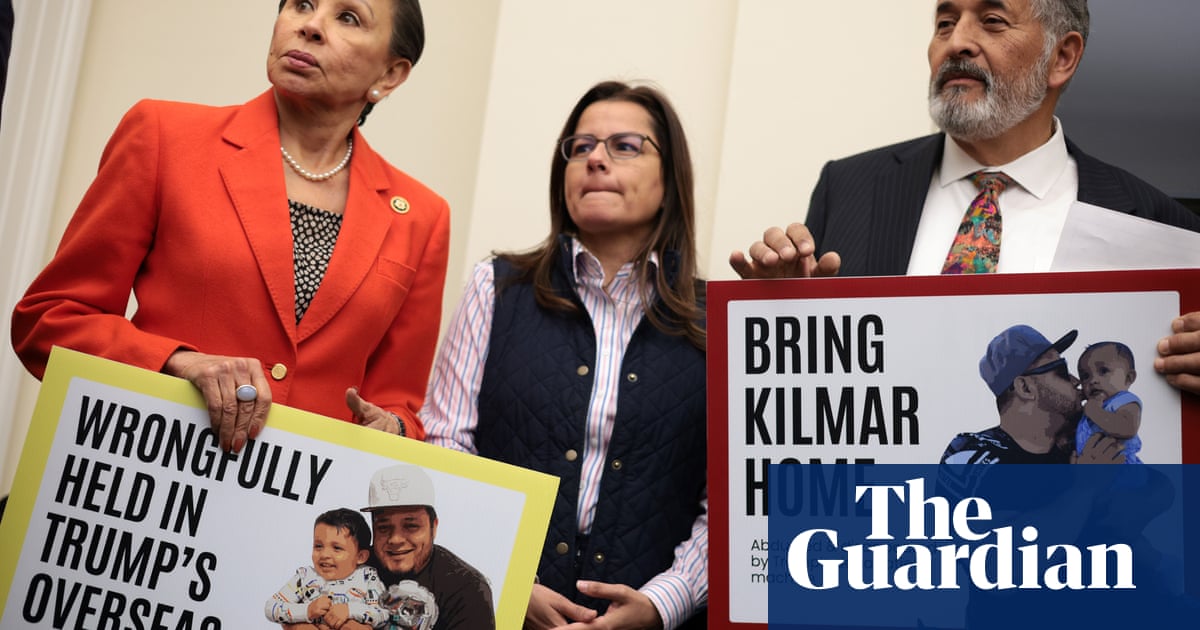The Trump administration confirmed that Kilmar Abrego García, a Maryland man wrongfully deported last month, is currently held in a notorious prison in El Salvador. However, they did not provide details on how they plan to bring him back to the U.S., despite a court order requiring this information.
Michael G. Kozak, a senior official in the State Department, stated that García is alive and safe in the Terrorism Confinement Center in El Salvador. Unfortunately, he didn’t address the judge’s questions about the next steps for García’s return.
During a hearing, U.S. District Judge Paula Xinis expressed her frustration with the government’s lack of clarity. “Where is he and under whose authority?” she asked, highlighting her concern about those detaining García.
The Supreme Court recently upheld the judge’s order to facilitate his return after García and his family filed a lawsuit against his deportation. García has lived in the U.S. with a work permit since 2019 but was detained by ICE officers last month due to alleged gang ties. He was then deported alongside a group of others, primarily Venezuelans accused of being gang members, without a proper hearing.
García’s wife, Jennifer Vásquez Sura, a U.S. citizen, has not heard from him since his deportation. She has been advocating for his return, calling on supporters to stand up for families like theirs and ensure their stories are heard.
This case sheds light on the complexities of immigration policies and their impacts on families. A survey from the Pew Research Center noted that a significant portion of the American public—nearly 60%—views immigration enforcement practices as too aggressive. The story of García is just one among many highlighting deep frustrations with the system.
Experts in immigration law stress the importance of transparency and proper legal processes. They argue that the current situation raises serious questions about individual rights and the process of deportation. Cases like García’s underscore the need for reforms in U.S. immigration policy to ensure fairness and respect for human rights.
For more on the subject, you can read the Pew Research Center report on public attitudes toward immigration policies.










